The Key to Autism
- Discover how the brain with autism works
- Evidence-based strategies to teach self-control, self-regulation, flexibility and more!
- Screen and assess autism using DSM-5® and ICD-10 updates
- Ethical issues in treating autism
- Simplified functional behavioral assessments
In this hands-on seminar you will discover what it is like to have a brain with autism. Once you experience the difference between a typical brain and brain with autism, you will be able to design more effective and successful interventions.
Join autism expert, Cara Daily, PhD, and learn how to integrate the latest research on brain development in your work with children with autism (0-19 years). You will walk away with up-to-date behavioral strategies to teach new skills, including:
- Social communication for identifying social rules
- Self-regulation for stress and anger management
- Self-help for hygiene, toileting, dressing, feeding
- Attention and motivation for staying on-task
- Maintaining and generalizing positive behaviors
Through dynamic discussion using dozens of case studies, video examples and experiential exercises and activities you will learn new strategies for treating autism, the ins and out of functional behavioral assessments and how to problem solve challenging behaviors, such as hitting, kicking, spitting, self-injurious behaviors, sexual behaviors and perseverating with this population.
Learning Objectives
- Screen and diagnose autism using DSM-5® and ICD-10 updates.
- Differentiate between abilities that are intact versus impaired in the brain with autism.
- Compare and evaluate empirically validated strategies for children with autism.
- Identify the best time to teach a new behavior.
- Determine the 2 major functions of a behavior using case examples.
- Employ evidence-based strategies to teach self-control, self-regulation and flexibility.
- Implement programs to assist in generalizing social skills.
- Analyze certain punishment techniques and the ethical dilemmas in using them.
Course Modules
Autism Spectrum Disorder (ASD)
- DSM-5® and ICD-10 updates
- Comorbid disorders
- Latest research in brain development
- Intact versus impaired abilities
- Information processing
Screening and Assessment Tools
- General developmental screeners
- Specific autism screeners
- Sample assessment measures
Early Intervention and Evidence-based Therapies: Video Examples
- Applied behavioral analysis
- Developmental therapies
- Educational interventions
- Psychopharmacology
Behavioral Techniques
- Teach social communication, self-help skills and on-task behaviors
- Decrease spitting, hitting, kicking and other inappropriate behaviors
- Increase attention and motivation
- Simplified functional behavioral assessments
Social-Communication Strategies
- Visual systems to improve communication
- Programs to assist in generalizing social skills
- Use of videos to model and role play
- Concrete methods to teach social rules
- Techniques to help individuals with ASD identity social errors
Environmental Strategies
- Schedules, time-lines, web diagramming and other organizational systems
- Reinforcement menus that set the child up for success
- Tips to structure your room for optimal learning
Self-Regulation Strategies
- Tools to help the individual with ASD recognize emotions
- Handouts to teach the individual flexibility
- Relaxation techniques for stress and anger management
Ethical Challenges in Autism
- Welfare of the individual
- Informed consent
- Least restrictive
- Use of restraints
- Time-out versus seclusion
- Alternatives to punishment
Who Will Get the Most Out of This Course
- Psychologists
- Licensed Clinical/Mental Health Counselors
- Addiction Professionals
- Social Workers
- School Psychologists
- School Counselors
- School Social Workers
- General Education Teachers
- Behavioral Intervention Specialists
- Paraprofessionals
- Clergy
- Marriage & Family Therapists
- Case Managers
- School Administrators
- School-Based Mental Health Professionals
- Speech-Language Pathologists
- Occupational Therapists
- Occupational Therapy Assistants
- Special Education Teachers
- Psychiatrists Educational
- Youth Leaders
- Probation Officers
How This Course Will Benefit You
Whether you’re a therapist, educator, or caregiver, this masterclass will transform the way you approach autism intervention. Here’s how:
- Gain Practical, Evidence-Based Strategies
Learn interventions you can immediately apply at home, in the clinic, or the classroom to reduce meltdowns, improve executive functioning, and support emotional regulation.
- Confidently Treat Co-occurring Conditions
Understand how to assess and treat anxiety, OCD, depression, and ADHD in autistic individuals using modified CBT and DBT techniques.
- Empower Your Clients and Their Families
Build collaborative, strengths-based treatment plans that foster self-advocacy, communication, and meaningful relationships—while respecting neurodivergent needs.
- Enhance Your Cultural and Ethical Competency
Address complex issues like sexuality, trauma, and restraint use with a trauma-informed, ethical, and neurodiversity-affirming lens.
- Stay Current with the Latest Research
Benefit from Dr. Sachs’ expert knowledge and real-world experience to deepen your understanding of autism, from diagnosis through adulthood.
About the Speaker

Cara Marker Daily, PhD, BCBA
Cara Marker Daily, PhD, BCBA, is a licensed psychologist and a Board Certified Behavior Analyst with over 20 years of experience providing assessment and treatment for children, adolescents and young adults with autism in the home, school, hospital and community settings. She works directly with educators, speech/language pathologists, occupational therapists, BCBAs and other professionals. Dr. Daily is the president and training director of Daily Behavioral Health, a leading behavioral health provider in northeast Ohio specializing in assessment, consultation, and treatment of autism, anxiety and disruptive behavior disorders. She is the founder and executive director of the Building Behaviors Autism Center, which has received numerous grants to provide free and reduced cost applied behavioral analysis services to individuals with autism. Dr. Daily has written several cognitive-behavioral and behavioral-based curriculums focusing on teaching daily living skills to children with autism and published a peer-reviewed journal article supporting evidence for success of these programs. She has presented nationally on topics of autism, disruptive behaviors disorders, anxiety and chronic health conditions in the pediatric population. Dr. Daily has been featured in radio, television, and other media platforms in northeast Ohio. She is the author of The Key to Autism: An Evidence-Based Workbook for Assessing and Treating Children & Adolescents (PESI, 2016). Dr. Daily received her Ph.D. in School Psychology at the University of South Carolina, and completed an internship in Pediatric Psychology at the Children’s Hospital of Philadelphia and a postdoctoral fellowship in Pediatric Psychology at The Children’s Hospital at The Cleveland Clinic. Dr. Daily is a member of the Department of Pediatrics at Fairview Hospital at the Cleveland Clinic, the American Psychological Association, the Ohio Psychological Association, and the Christian Association of Psychological Studies.


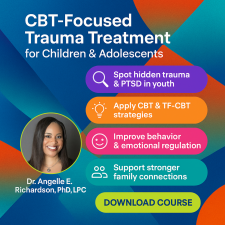
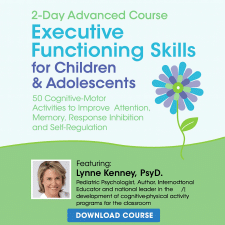
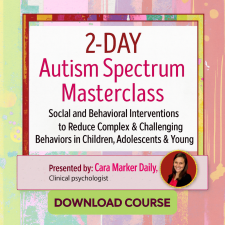
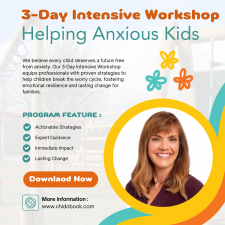
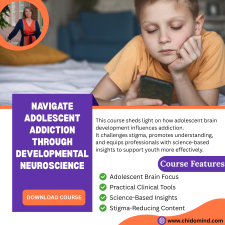

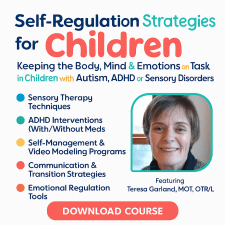
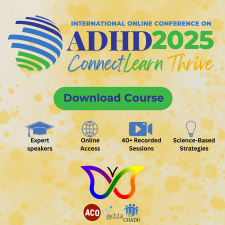
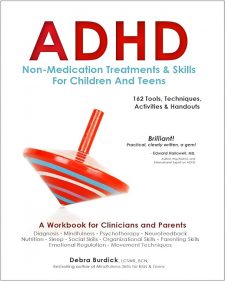
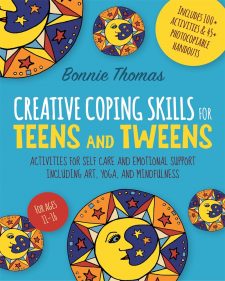
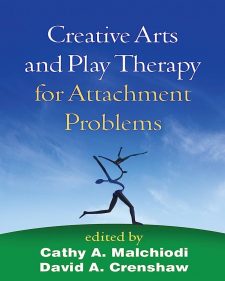
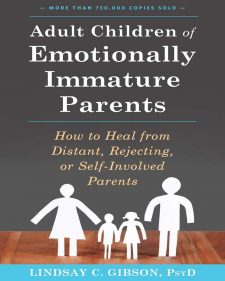

13 reviews for The Key to Autism: Integrating Brain Development with Practical Strategies for Treatment of Children and Adolescents
There are no reviews yet.